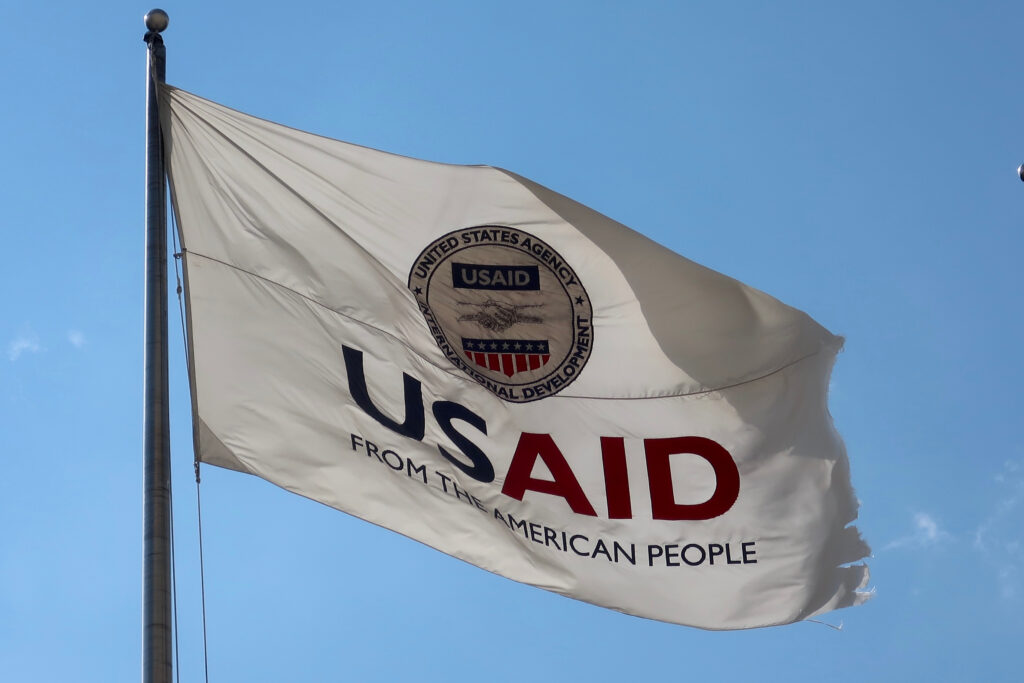A federal judge has blocked the Trump administration’s plan to place 2,200 USAID employees on leave. This decision comes after some workers had already been sent home. The ruling has raised concerns about USAID’s future and its critical global programs. For over 60 years, USAID has supported global development and humanitarian aid.
The Legal Battle
U.S. District Judge Carl Nichols ruled in favor of two federal employee groups. They argued that the administration did not have the authority to shut down an agency created by Congress. On the same day, President Trump called for USAID’s closure. In protest, staff at USAID’s Washington, D.C. headquarters covered the agency’s name and removed the flag.
USAID Officials Push Back
Officials at USAID disagreed with Secretary of State Marco Rubio’s claim. He said key programs would continue under waivers. However, many workers were already sent home, and funding was frozen. One official noted that the agency had stopped functioning.
Plans for USAID’s Future
The Trump administration, along with Elon Musk’s “Department of Government Efficiency,” has targeted USAID to reduce government spending. On Thursday, USAID officials announced that 297 workers would be exempt from the furlough. Later, the number grew to 611 employees, many tasked with managing the return of displaced staff.
Uncertainty Ahead
It is unclear whether the furloughs will be temporary or permanent. Officials have suggested that USAID programs could be moved to the State Department. However, employees are concerned about possible layoffs. The administration has offered financial incentives for workers to leave, but a judge has temporarily blocked these offers. A hearing is scheduled for Monday.
Critical Programs in Danger
Some of USAID’s most vital programs are at risk. For instance, $450 million worth of food intended for 36 million people has not been delivered due to funding cuts. In Sudan’s Darfur region, 1.6 million displaced people are losing access to water because there are no funds to run the water pumps. These issues highlight the need for continued support for USAID’s global initiatives.


